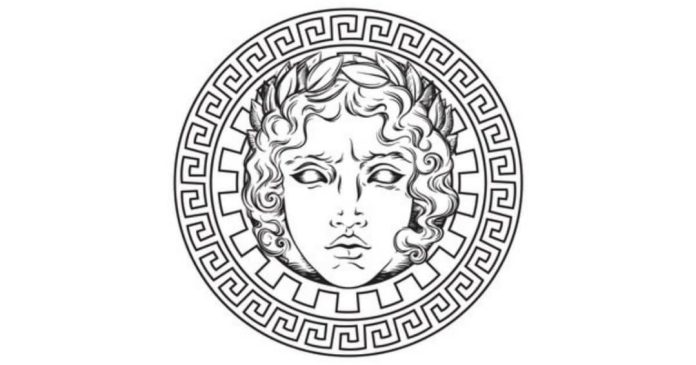Greek surnames are often derived from occupations, places, or family lineage, and they carry significant cultural and historical meaning. Many Greek last names end in “-poulos” (son of) or “-akis” (little), indicating lineage or affection. Examples include “Papadopoulos” (son of a priest) and “Nikolakopoulos” (son of Nikolaos).
Other surnames reflect professions, such as “Kotsakis” (a surname linked to weaving) or “Skouras” (a worker of metal). Geographical-based surnames like “Athanasopoulos” (son of Athanasios from Athens) or “Zorbas” (from the region of Zorba) are also common. Surnames like “Vasilakis” (little king) and “Koumparos” (godfather) evoke familial connections or esteemed roles within communities.
Many Greek surnames are rooted in history, religion, or heritage, offering insight into family heritage, traditions, and regional origins. These surnames reflect the deep cultural significance and pride that Greeks hold for their ancestry



